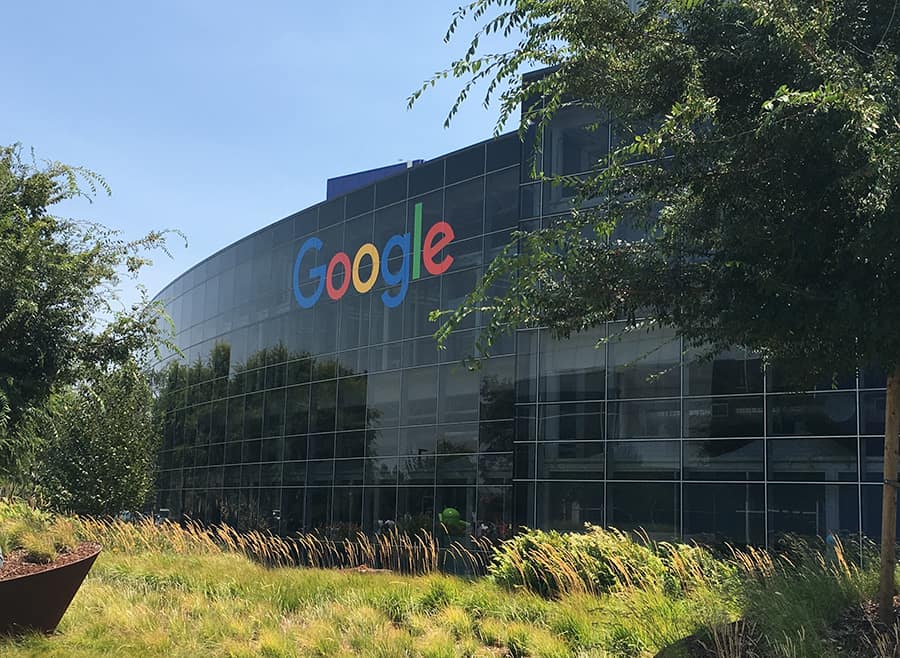A resume’s mission: grab the reader’s attention in a flash, like 10 seconds! To pull this off, sprinkle in some engineering resume buzzwords.
Hiring managers are swamped and don’t have time for fluff. They want the lowdown on what you’ve accomplished and how you can help them out.
The secret sauce? Use buzzwords related to the work you’ve actually done. If you try to bluff, you’ll face the infamous Elon Musk interview question – and it isn’t pretty!

Important Note: Resume scanning tech is on the rise due to massive applicant numbers. Employers and recruiters search for keywords that represent vital job qualities. They scan resumes for those golden nuggets that define their dream employee.
Example of a killer engineering resume excerpt
Before we jump into our list of engineering resume buzzwords, let’s review a resume excerpt. The following example shows what not to write:
Did an elaborate design connecting an existing substational substation to new transmission lines. The work included a lot of research to come up with a reliable single connected power system, with coordination made with other disciplines of engineering. Coordination included ensuring the power system would meet all local and national codes.
That’s a snooze-fest and a tough read. Plus, it tells me zilch about the candidate. Let’s check out my revamped version:
Designed, analyzed, and coordinated the electrical interconnection of 100MVA 230kV:12kV substation and 230kV transmission lines from Switchyard.
Bam! See how much more powerful and readable the second version is? I axed unnecessary words since the buzzwords imply them.
Anyone in your industry would know your role from reading version #2. This includes the complexity level and design nuances. For instance, in the first version, it reads,
Coordination included ensuring the new power system would meet all local and national codes.
Every engineer with a solid design background knows code compliance is a given. Unless you want to highlight a unique point, skip the obvious info. If there’s a tricky code section, mentioning it in your resume could set you apart. In short, be strategic with your resume content.
Ditch the empty buzzwords
Steer clear of keywords that don’t help convey your message. For example, in version #1, I used the word ‘substantial,’ which is subjective.
In version #2, I scrapped the word and added technical specs. This way, a hiring manager can quickly gauge my expertise and see that I’m capable of:
- Utility coordination
- Devising protective relaying and system protection settings
- Transmission line design
- Calculating equipment ratings and selecting features
What’s more, certain keywords mean different things to different folks. For example, some people I chat with think 120 volts is “high voltage.” But for me, it’s anything above 69,000 volts. It’s all relative, even though 120 volts can still be lethal.
So, labeling something as “enormous” is pointless for a reader. And, you’re selling yourself short if you actually worked on a “high voltage” substation.
Engineering resume buzzwords

Check out this list of buzzwords that engineers from all disciplines can sprinkle throughout their resumes:
- Allocation
- Analysis
- Bid sheets
- CAD
- Construction
- Controls
- Control systems
- Coordination
- Cost reduction
- Design drawings
- Design methodologies
- Development
- Documentation
- Facilities
- Evaluation
- Expansion
- Guidelines
- Infrastructure
- Integrated systems
- Interconnection
- Logistics
- Machinery
- Management
- Manufacturing
- Modifications
- Operation
- Pathway
- Policy
- Primary
- Procedure
- Product development
- Programming
- Project costs
- Procurement specifications
- Project management
- Project proposal
- Provision
- Redundant
- Regulatory requirement
- Reliability
- Replacements
- Reliability
- Requirements
- Retrofit
- Safety regulations
- Scope
- Staging
- Statistical analysis
- Systems
- Team
- Technical specifications
- Test plans
- Tooling
- Subsystems
Now, let’s talk about action verbs. Start your work experience sentences with these power-packed verbs. For instance, with the verb ‘evaluated,’ you could say:
Evaluated the reliability and capacity of a 100MVA substation to accommodate 10,000 HP of new motor loads.
- Administered
- Applied
- Analyzed
- Approved
- Arranged
- Assembled
- Assessed
- Built
- Collected
- Communicated
- Completed
- Computed
- Coordinated
- Conducted
- Created
- Decreased
- Designed
- Developed
- Directed
- Edited
- Engineered
- Executed
- Experienced
- Evaluated
- Formulated
- Generated
- Guided
- Identified
- Implemented
- Improved
- Increased
- Initiated
- Inspected
- Installed
- Integrated
- Invented
- Investigated
- Maintained
- Managed
- Manufactured
- Moderated
- Modified
- Monitored
- Operated
- Overhauled
- Oversaw
- Performed
- Planned
- Prepared
- Presented
- Processed
- Reduced
- Refurbished
- Remodeled
- Renovated
- Replaced
- Resolved
- Restored
- Reviewed
- Revised
- Served
- Solved
- Strengthened
- Structured
- Supervised
- Trained
- Updated
- Upgraded
- Utilized
- Verified
- Worked
- Wrote

Important Note: Tailor your buzzword choices to your specific industry. If you’re an auto industry designer, don’t just mention “CAD.” Dive into the types of CAD software you’ve mastered, like Solidworks, AutoCAD, Creo Parametric 3D Modeling, or Inventor. Demonstrating the depth of your skills and familiarity with the industry goes a long way!
Name-dropping buzzwords: Time to show off

We’re often told that name-dropping is a no-no. But in the world of resumes, it’s fair game—as long as you can back it up. Resumes are all about quickly grabbing attention and sending the right signals.
Here are some examples of how you can cleverly name-drop powerful buzzwords:
#1 University and the alphabet soup
Although I’ve emphasized on this site that formal education needs reform, people still find big-name universities impressive. They assume that if you graduated from Stanford or MIT, you must be a genius. So, use this to your advantage!
List those prestigious schools alongside your degrees, and don’t forget any impressive certificates or licenses. Just make sure you’ve got the jaw-dropping experience to back up your credentials, or you’ll risk coming off as a poser.
#2 Past employers
Some employers are heavy-hitters in certain industries. For example, if you’ve worked for a FAANG company in the software space:
- Apple
- Amazon
- Netflix
Just having one of these companies on your resume will turn heads. People know how tough it is to get hired at a FAANG company.
#3 Monumental projects
Being part of a well-known project can instantly boost your credibility. Imagine saying you were the lead engineer for one of these iconic projects:
- The structural foundation of the Burj Khalifa in Dubai
- Hoover Dam upgrade
- Tesla’s Model S battery
- SpaceX’s Raptor engine
Even if your project isn’t world-famous, you can still name-drop. If you designed a substation for Apple’s new data center, that ‘Apple’ name carries weight. Employers know that landing a contract with a major company like Apple isn’t a walk in the park.
“Engineering resume buzzwords” wrap up
Your engineering resume needs to quickly and effectively show employers what you bring to the table. Packing a punch with your buzzwords is crucial for achieving that.
Choose your buzzwords wisely, and put yourself in a hiring manager’s shoes. The right words could be the difference between landing an interview or getting passed over.
So, what are your go-to engineering resume buzzwords? Are there any words or phrases you steer clear of in your engineering resume?
